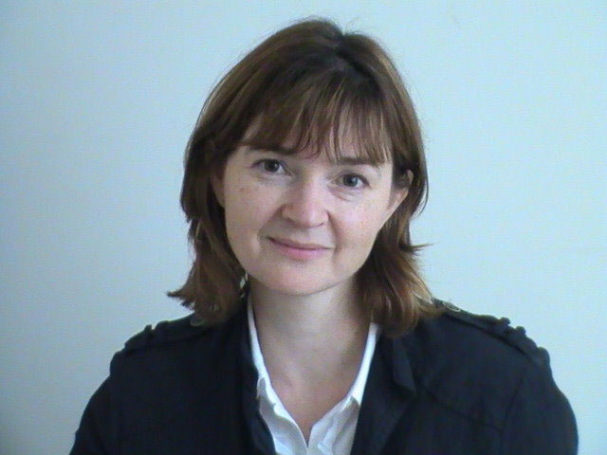We spent 5 minutes with Mary Wilkinson, the talented Head Of Content for BBC World News and Producer of the hit new series, Her Story…
 Over the course of production, did you work closely with Mishal Husain? What kind of person is she?
Over the course of production, did you work closely with Mishal Husain? What kind of person is she?
I thought Mishal would be an excellent choice for a project like Her Story. She’s one of our most experienced presenters and has reported from all over the world. There isn’t a subject she hasn’t tackled – whether it’s reporting from war zones, disasters, the political stage and social issues. She’s also got strong global credentials – born in the UAE to Pakistani parents, educated in Britain and has lived in the USA for part of her career. And she’s a woman! I first worked with her years ago on a film about how Muslim women in Britain felt about wearing the veil – it was very perceptive and I knew that she had an interest and insight into women’s issues and diversity.
What are some of the things the series has taught you? Has it brought you new insights?
When you deal with news stories every day, it’s easy to come away with a pessimistic view of how women are faring around the world. The rise of so called Islamic State and their treatment of women, Malala being shot for just going to school, the continued high levels of sexual exploitation of women – stories like these can make it feel as though there’s no progress. But, when you stand back and look at the big picture as we did with these films, you see that things are much more optimistic. I was struck by Melinda Gates who says that, “The progress we’ve seen for women in the past twenty years we’ve never seen in the history of the earth before.” Other people have pointed out that there’s never been a better time to be born a woman. And both are true. As Her Story shows, it’s an uneven picture though, and there is still a lot of work to be done before you reach genuine equality between men and women.
Would you say Her Story has personally affected you?
I’ve been impressed by the determination and bravery of some of the women profiled. You don’t have to come from a wealthy background to stand up for what you believe. Young women like Balkissa Chaibou show that it’s possible to make changes by speaking up and refusing to conform to society’s expectations. What I really admire is that she goes into schools in Niger and talks to teenage girls and urges them to study, and you can see the girls really respond to her. Marriage and children are good things but they can wait. Education should come first.
What was the hardest part of making the series? Were some of the stories difficult to hear?
Yes – some women still have very tough lives. Morena Herrara campaigns on behalf of 17 women in El Salvador who’ve been given long jail sentences for allegedly killing their unborn babies. All the women say they miscarried but abortion is illegal in El Salvador, and proving miscarriage is often beyond their means if they can’t afford expert medical advice. A 40 year sentence for a miscarriage must be a terrible thing to bear.
Do you believe this is the right time to release this kind of content? If so, why?
Yes – there’s definitely something in the air. It could be because Hillary Clinton stands a good chance of becoming the Democratic candidate for President in the United States, but I think people are also beginning to notice other female breakthroughs the world over. It’s a good opportunity to explore recent progress on gender equality.

